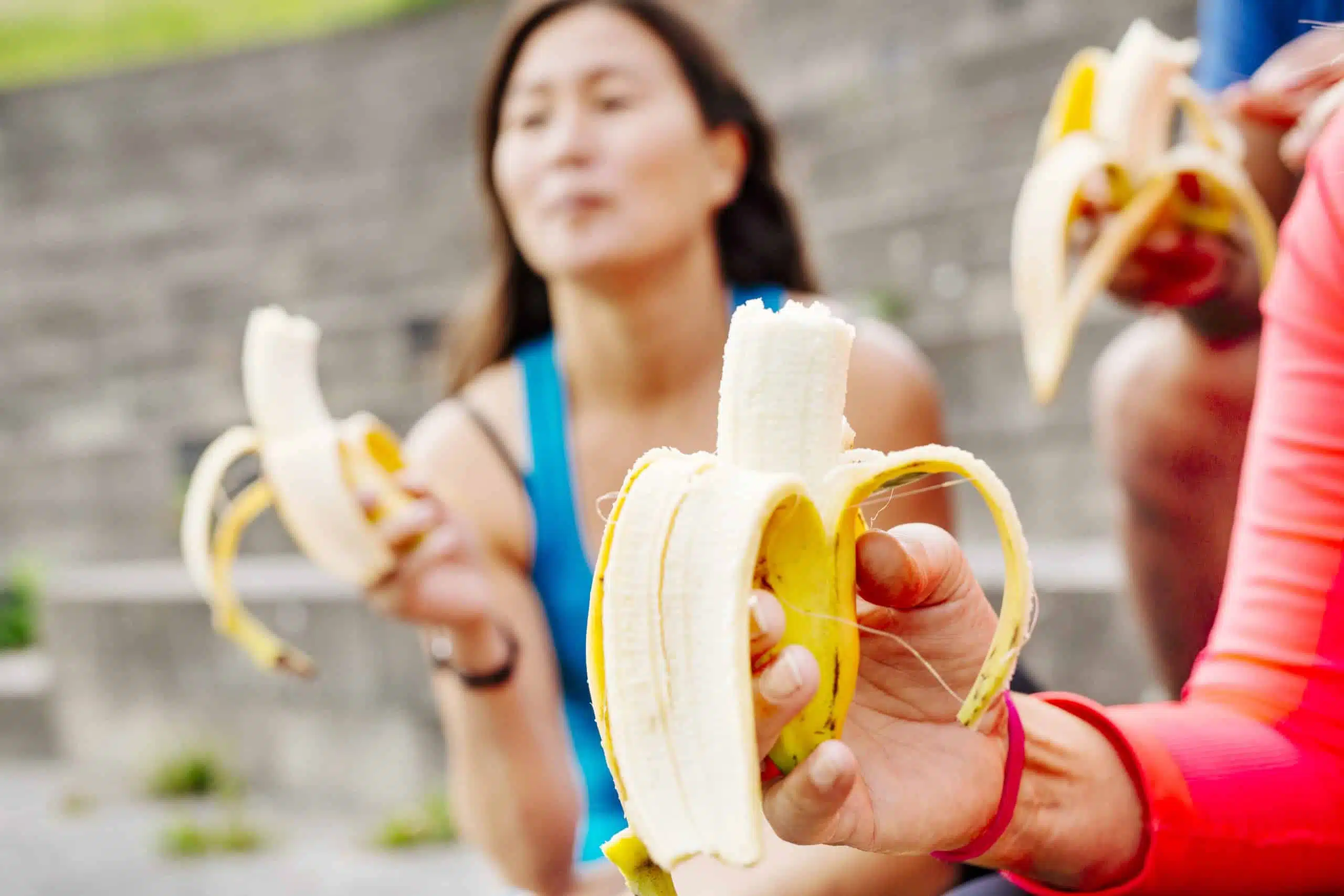
Newsletter Subscribe
Enter your email address below and subscribe to our newsletter

Enter your email address below and subscribe to our newsletter

What is the link between bananas and Trigeminal Neuralgia? Are bananas harmful for patients? Are they a good dietary option? Find out ...
For many, bananas are a go-to healthy snack, packed with potassium and essential nutrients. But for those living with trigeminal neuralgia, the searing facial pain that strikes with lightning speed, the question arises: could this sunny fruit be a hidden enemy?
This article delves into the complex relationship between bananas and trigeminal neuralgia. We’ll explore the potential link between the fruit and pain triggers, separate fact from fiction, and offer insights into managing this condition while still enjoying a balanced diet.
Join us as we peel back the layers on this intriguing topic and discover whether bananas deserve a place on your trigeminal neuralgia plate or should be left on the shelf.
Trigeminal Neuralgia (TN), also known as tic douloureux, is a chronic pain condition that affects the trigeminal nerve, one of the most widely distributed nerves in the head.
The trigeminal nerve is responsible for transmitting sensations from the face to the brain.
Trigeminal Neuralgia is characterized by intense, stabbing, or electric shock-like pain in the areas supplied by the trigeminal nerve, including the cheek, jaw, teeth, gums, lips, or less often the eye and forehead.
The pain can be triggered by routine activities such as eating, talking, shaving, or even encountering a breeze.
Trigeminal Neuralgia is considered one of the most painful conditions, and it can significantly impact the quality of life. The condition can be managed with medications, such as anticonvulsants and antispasmodic agents, which help to reduce nerve firing and manage pain.
In cases where medication is ineffective or causes undesirable side effects, surgical options may be considered. These aim to relieve the pressure on the nerve or to damage the nerve to reduce pain signals. Each treatment approach has its benefits and risks, and the choice of treatment depends on the individual’s specific situation, overall health, and the underlying cause of the TN.
Bananas are not directly linked to causing or curing trigeminal neuralgia, a chronic pain condition affecting the trigeminal nerve, which carries sensation from your face to your brain.
Trigeminal neuralgia can result in intense facial pain that may be triggered by even mild stimulation of the face. The exact cause of trigeminal neuralgia is often related to the compression of the trigeminal nerve, usually by a blood vessel, leading to malfunctioning of the nerve. It can also be associated with multiple sclerosis or a variety of other conditions that cause damage to the myelin sheath protecting certain nerves.
Diet, including the consumption of bananas, does not typically play a direct role in the development or management of trigeminal neuralgia.
Maintaining a healthy diet can contribute to overall well-being and potentially help manage symptoms indirectly. Some people might find that certain foods can trigger or worsen their pain, but this is highly individual and not specifically related to bananas.
While bananas haven’t been definitively linked to causing trigeminal neuralgia, some individuals with the condition report them as a trigger for their pain flares.
Here’s what we know:
There’s no direct evidence to suggest that bananas specifically can help in managing Trigeminal Neuralgia (TN). However, bananas have nutritional benefits that might indirectly support overall health, which is important for individuals dealing with chronic conditions like TN. Here are a few aspects to consider:
Remember, trigeminal neuralgia is a complex condition, and managing it effectively requires understanding your individual triggers and working with your healthcare professional to develop a personalized treatment plan. While bananas might not be a universal culprit, focusing on evidence-based approaches and professional guidance is crucial for achieving relief.
Fact Checked
Our dedicated team rigorously evaluates every article and guide to ensure the information is factual, up-to-date, and free of bias.
Updated Regularly
We update our articles and reviews regularly to ensure you have access to the latest data in the dental industry.
Comments are closed.
The content on Dental3DU’s blog is intended for educational purposes only. This information should not be relied upon as professional medical counsel. Be sure to always consult with your dentist about the dangers and benefits of any medication, treatment or procedure.
Dental articles in your inbox. Subscribe
[…] Read more: Bananas and Trigeminal Neuralgia […]